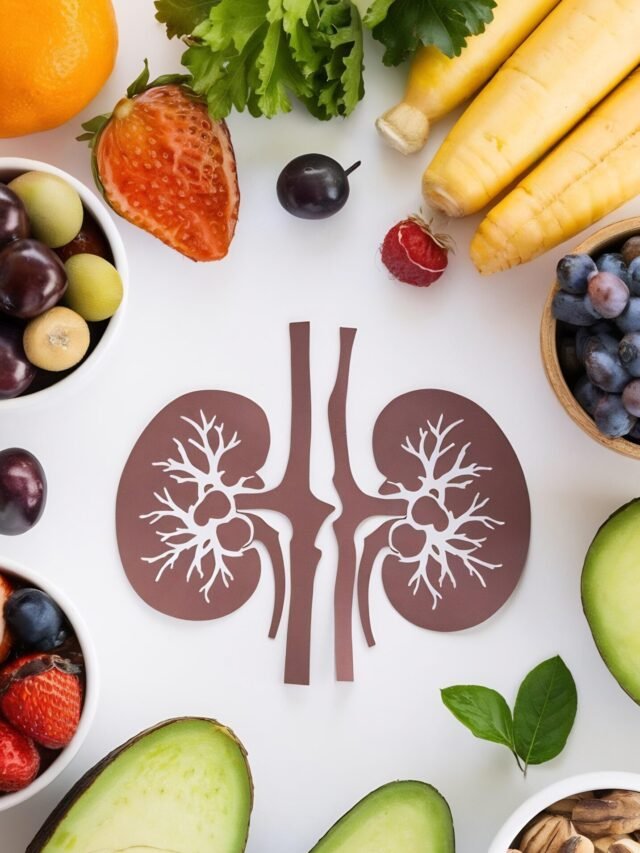Health
Premature Heart Attacks: Understanding and Prevention

Spotting the Signs
Detecting premature heart attacks can be tricky, especially in younger individuals, as they may not exhibit the typical symptoms. While chest discomfort, shortness of breath, and extreme fatigue remain hallmark indicators, lesser-known signs like jaw pain, upper back discomfort, and nausea can also serve as red flags. Heightened awareness of these subtler cues is crucial, prompting individuals to seek immediate medical attention when such symptoms arise. Moreover, lifestyle factors such as stress, poor dietary choices, and sedentary habits significantly heighten the risk of premature heart attacks, underscoring the importance of recognizing warning signs early on.
The Road to Recovery
Complications stemming from premature heart attacks can wreak havoc on long-term health outcomes. Heart failure, characterized by the heart’s inability to pump blood efficiently, represents a common aftermath, manifesting in symptoms like breathlessness, fatigue, and peripheral swelling. Additionally, arrhythmias pose a grave threat, potentially culminating in sudden cardiac arrest if left unchecked. Beyond physical ramifications, the psychological toll of a premature heart attack can be profound, giving rise to anxiety, depression, and post-traumatic stress disorder. Timely intervention is paramount to safeguard heart health and mitigate associated challenges.
Navigating Diagnosis and Treatment
Early detection forms the cornerstone of effective intervention in cases of heart attacks. However, identifying the condition in its nascent stages can be challenging, given the subtlety of symptoms often mistaken for benign ailments like indigestion or anxiety. Innovations in diagnostic tools, such as high-sensitivity troponin tests capable of detecting minuscule cardiac markers in the bloodstream, offer promise in enhancing accuracy. Once diagnosed, prompt treatment is imperative, typically involving interventions like angioplasty to clear blocked arteries or medications to stabilize heart rhythm. Adherence to medical guidance and regular follow-ups are essential components of the recovery journey.
Prevention as Priority
Proactive measures are paramount in averting premature heart attacks and preserving overall well-being. Regular physical activity, encompassing moderate exercise five days a week, stands as a cornerstone strategy for reducing heart disease risk. Diversifying aerobic activities like walking, swimming, or cycling bolsters heart muscle strength while aiding weight management and blood pressure regulation. A balanced diet replete with fruits, vegetables, whole grains, and lean proteins is indispensable in fending off premature heart attacks. Incorporating antioxidant-rich and omega-3 fatty acid-laden foods helps quell inflammation and fortify cardiovascular resilience. Equally crucial is the adoption of stress management techniques like meditation and yoga to mitigate chronic stress, a significant contributor to heart ailments.
In essence, fostering awareness, prioritizing preventive measures, and embracing a holistic approach to heart health are paramount in thwarting premature heart attacks and safeguarding overall well-being.
-
Health1 week ago
Is Drinking Cold Water Bad for Your Health? Understand the Benefits and Risks
-
Money3 weeks ago
How to File ITR Online Without a CA in 2025 – Step-by-Step Guide
-
Cryptocurrency3 weeks ago
Why You Should Never Buy Celebrity Memecoins | Crypto Scams Explained
-
Money1 week ago
Best SIP Mutual Funds 2025: Top 10 High-Return Schemes with up to 27% CAGR
-
Beauty2 weeks ago
Real Reason Behind Dark Underarms: Health Warning Signs, Not Just a Beauty Concern
-
Money4 weeks ago
Oswal Pumps IPO: Date, Price, GMP, Allotment & Full Review
-
Money1 week ago
Top 5 Safe Investment Schemes for Retired Indians Seeking Monthly Income
-
Money7 days ago
Best Budgeting & Expense-Tracking Apps for 2025: Top Tools to Master Your Money



























